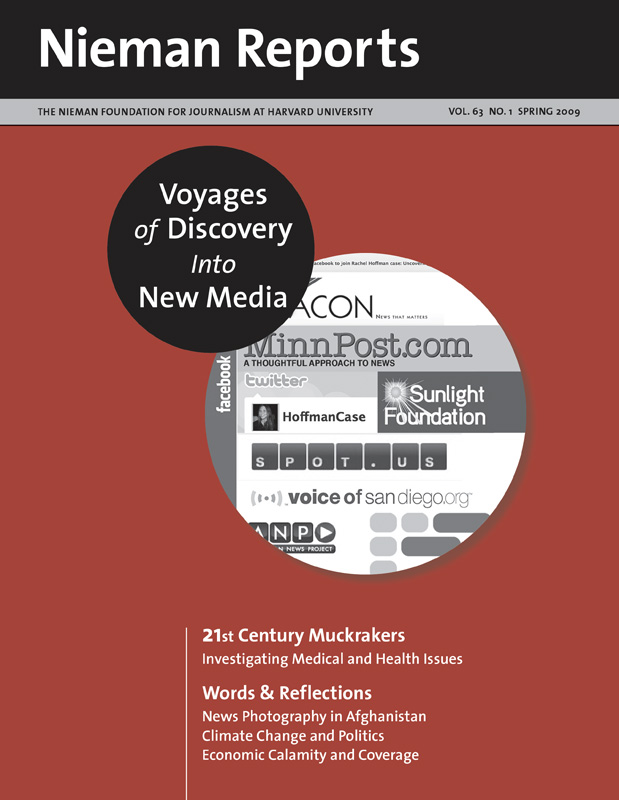John Abramson, Jim Wright, and Merrill Goozner, author of “The $800 Million Pill: The Truth Behind the Cost of New Drugs,” coauthored an op-ed about the JUPITER trial that was rejected by The New York Times, Los Angeles Times, The Washington Post, and The Wall Street Journal. Excerpts from it follow:
RELATED ARTICLE
"Investigative Reporting on Medical Science: What Does It Take to Break Through the Commercial Spin?"
- John AbramsonDuring the campaign, President-elect Barack Obama promised to make health insurance more affordable by preventing disease. It could work, but only if the money is spent on prevention programs that offer real value for money ….
[Yet] experts—most with financial ties to drug makers—are heralding the results of the JUPITER trial as a paradigm-shifting, walk-off home run breakthrough. Physicians will likely begin testing the C-reactive protein (CRP) level of tens of millions of Americans. Aging baby boomers will soon have another number to worry about, and millions more relatively healthy people will begin taking statins to lower their CRP.
But how much disease would this strategy really prevent? The short answer is: None.
There is an even more troubling ethical and scientific problem with this study. If prevention of disease, rather than selling more drugs, was the primary goal of JUPITER, then all of these people hypothesized to be at increased risk of cardiovascular disease because of their elevated CRP levels would have been provided with lifestyle modification counseling—known to reduce the risk of future cardiovascular disease. Not offering lifestyle counseling to the people in the study was unethical, because it withheld the most effective therapy. It also rendered the findings of the study meaningless—the study design created an artificial situation in which people at increased risk were deprived of the first and most effective line of defense. Why wasn’t lifestyle counseling offered? We can only speculate that it would have diluted any benefit of drug therapy and weakened the case for wider use of the sponsor’s drug.
RELATED ARTICLE
"Investigative Reporting on Medical Science: What Does It Take to Break Through the Commercial Spin?"
- John AbramsonDuring the campaign, President-elect Barack Obama promised to make health insurance more affordable by preventing disease. It could work, but only if the money is spent on prevention programs that offer real value for money ….
[Yet] experts—most with financial ties to drug makers—are heralding the results of the JUPITER trial as a paradigm-shifting, walk-off home run breakthrough. Physicians will likely begin testing the C-reactive protein (CRP) level of tens of millions of Americans. Aging baby boomers will soon have another number to worry about, and millions more relatively healthy people will begin taking statins to lower their CRP.
But how much disease would this strategy really prevent? The short answer is: None.
There is an even more troubling ethical and scientific problem with this study. If prevention of disease, rather than selling more drugs, was the primary goal of JUPITER, then all of these people hypothesized to be at increased risk of cardiovascular disease because of their elevated CRP levels would have been provided with lifestyle modification counseling—known to reduce the risk of future cardiovascular disease. Not offering lifestyle counseling to the people in the study was unethical, because it withheld the most effective therapy. It also rendered the findings of the study meaningless—the study design created an artificial situation in which people at increased risk were deprived of the first and most effective line of defense. Why wasn’t lifestyle counseling offered? We can only speculate that it would have diluted any benefit of drug therapy and weakened the case for wider use of the sponsor’s drug.
